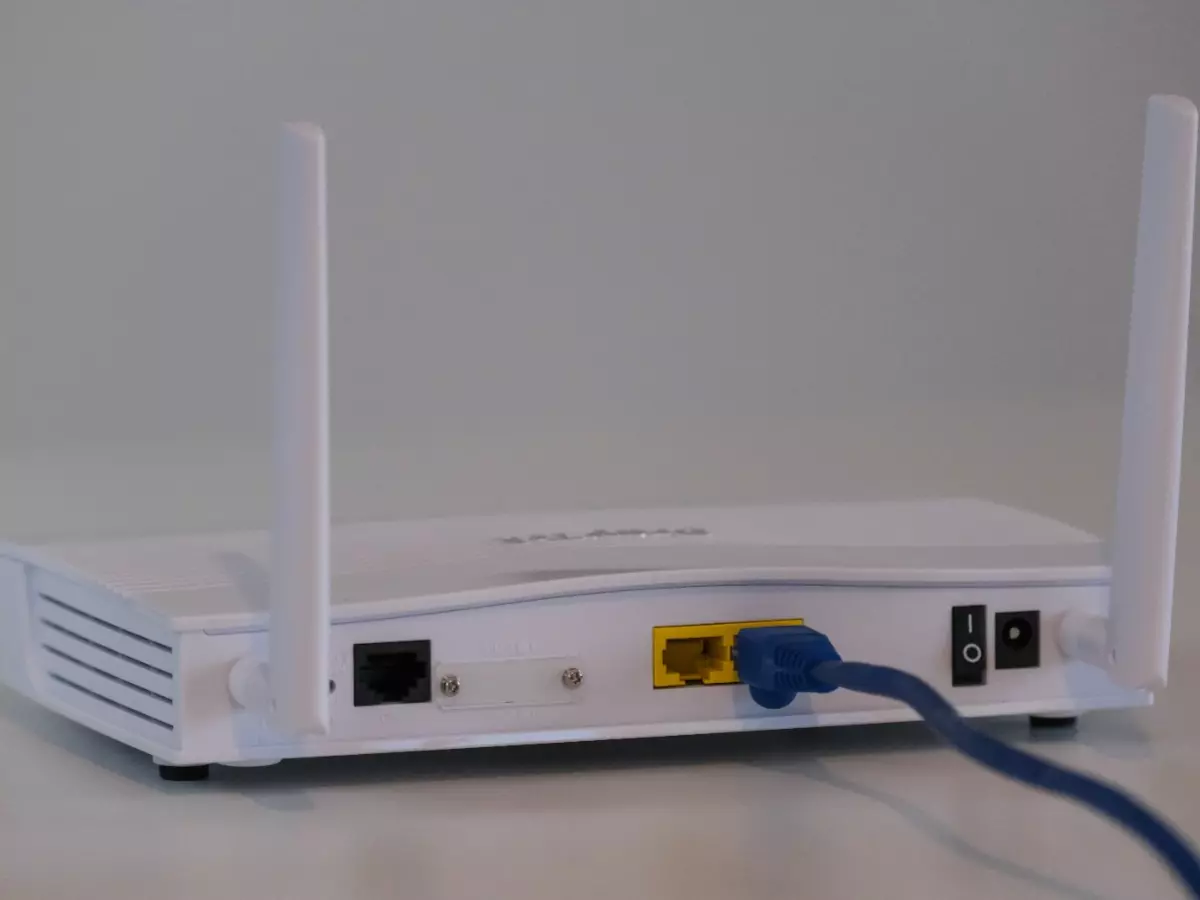Chinese Malware Alert: 'Horse Shell' Threatens Your Home And Office Routers
Horse Shell was found in TP-Link routers by researchers, and they claim that the malware doesn't care much for firmware and doesn't target any specific brands

A dangerous Chinese malware could infect your home or office router, researchers from Check Point Research have found. The backdoor is called "Horse Shell" and allows threat actors to gain full access of the infected endpoint. In essence, hackers could then remain hidden while having full access to your wider router network, researchers say.
Researchers claim that the group linked to the attack, Camaro Dragon, is linked to the Chinese government and that its infrastructure also closely "overlaps" that of another attacker from China, Mustang Panda.
 Unsplash
Unsplash
Routers under threat
Horse Shell was found in TP-Link routers by researchers, and they claim that the malware doesn't care much for firmware and doesn't target any specific brands, implying its broad range. They say that "a wide range of devices and vendors may be at risk."
It appears that the hackers are attacking routers with known vulnerabilities, or those that have weak login credentials. Camaro Dragon has attempted to install Horse Shell on routers belonging to European foreign affairs entities, according to Tech Radar, but it's still unclear who they're specifically going after.
 Unsplash
Unsplash
Also read: ChatGPT's Popularity Is Being Leveraged To Spread Malware On Facebook
"Learning from history, router implants are often installed on arbitrary devices with no particular interest, with the aim to create a chain of nodes between the main infections and real command and control," researchers said. ¡°In other words, infecting a home router does not mean that the homeowner was specifically targeted, but rather that they are only a means to a goal."
 Unsplash
Unsplash
Also read: AI-Generated YouTube Videos Leading Unsuspecting Users To Info-Stealing Malware
To protect against Horse Shell and malicious actors like Camaro Dragon, businesses and even individuals should regularly update the firmware of their routers and other devices. Changing your password every few months and adding multi-factor authentication (MFA) wherever possible could be an added advantage.
What do you think - are people doing enough to safeguard themselves against such threats? Let us know in the comments below. For more in the world of technology and science, keep reading Indiatimes.com.
